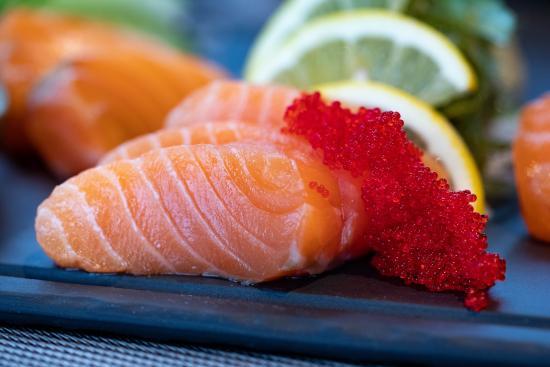Awesome Foods That Curb Anxiety
For those struggling with anxiety, finding ways to curb the stress and worry caused by the disorder can lead down quite a few rabbit holes, producing mostly questionable results. One method to reduce these effects is through diet. Food is the lifeblood of the body and mind. Humans derive a lot of pleasure out of food; it boosts dopamine and serotonin, the happy hormones that make people feel better and self-confident. If someone is struggling with their mental health, a change of diet might be just what the doctor ordered - literally.
Miso
High in protein, miso has been used for centuries for better health. Fermented foods seem to be very popular at the moment; with kimchi, kombucha, and sauerkraut being the top three. Miso has been rising as a popular option to those that want to restore their gut microbiome because it has been linked to what’s called the gut-brain axis. The healthier the microbiome, the healthier the brain. In a research study, when harmful bacteria in the gut was replaced with natural bacteria, the brain was calmed, and anxiety waned. This research is ongoing, but miso has shown itself to be a real superfood to curb anxiety.
Turmeric
Turmeric’s role as an antioxidant and anti-inflammatory has been well documented for years. Used in eastern medicinal practices for a variety of purposes, turmeric is one spice that should be in everyone’s pantry. The active ingredient, curcumin, has been shown to balance the brain’s chemical hormones including serotonin, glutamate, dopamine, and noradrenaline. Curcumin appears to act as an anxiolytic, known to help with calming anxiety and depression. This combined with the anti-inflammatory effects curcumin provides for the brain make turmeric a wonder for curbing anxiety. For those taking an antidepressant or other anxiety drugs, turmeric has proven to enhance the effects of these drugs, ultimately making them more efficient in the battle against anxiety.
Asparagus
Traditional Chinese medicine certainly has its hits and misses when it comes to what works and what does not with anxiety and depression. Asparagus extract is one product that proved to have significant efficacy in the treatment of mental illness. Asparagus is high in folic acid, an essential B-vitamin, necessary for optimal brain and nerve function. Folic acid has been proven to promote the production of neurotransmitters in the brain. Those who have reduced levels of folic acid are more prone to depression and anxiety. Because of this, it is a good idea to add asparagus to one's daily diet. Asparagus not only makes a delicious side dish for any meal from breakfast to dinner, but it is also a tasty snack for any time of the day.
Salmon
Most people have heard much about the incredible benefits of Omega-3 fatty acids. They help to ease joint pain, strengthen eye health, lower the risk of heart disease, and so much more. The most effective way to deliver these healthy fatty acids to the body is through consuming oily fish such as tuna, mackerel, and salmon. Omega-3 fatty acids promote optimal brain health in two specific categories; the prefrontal cortex, where motivation develops and the nucleus accumbens, which regulates emotions. With control over motivation and emotional regulators, the brain feels less stressed out and diminishes cellular inflammation, which is one of the leading causes of anxiety and depression. The sea is a great provider many benefits for normal brain health.
Dark, Leafy Greens
Swiss chard, spinach, kale, and collard greens are excellent choices to add essential vitamins to the body, as they help to reduce anxiety. Dark, leafy greens are nutrient dense and contain the highest concentration of vitamins and minerals that the body needs. These are real superfoods, as they can be mixed into everything from smoothies to omelets to ice cream and everything in between. They act as an armor by producing antioxidant and anti-inflammatory benefits throughout your body and brain. These greens have proven to reduce stress and anxiety by giving the brain blasts of folate--a critical factor in healthy neurotransmitter connections.





















